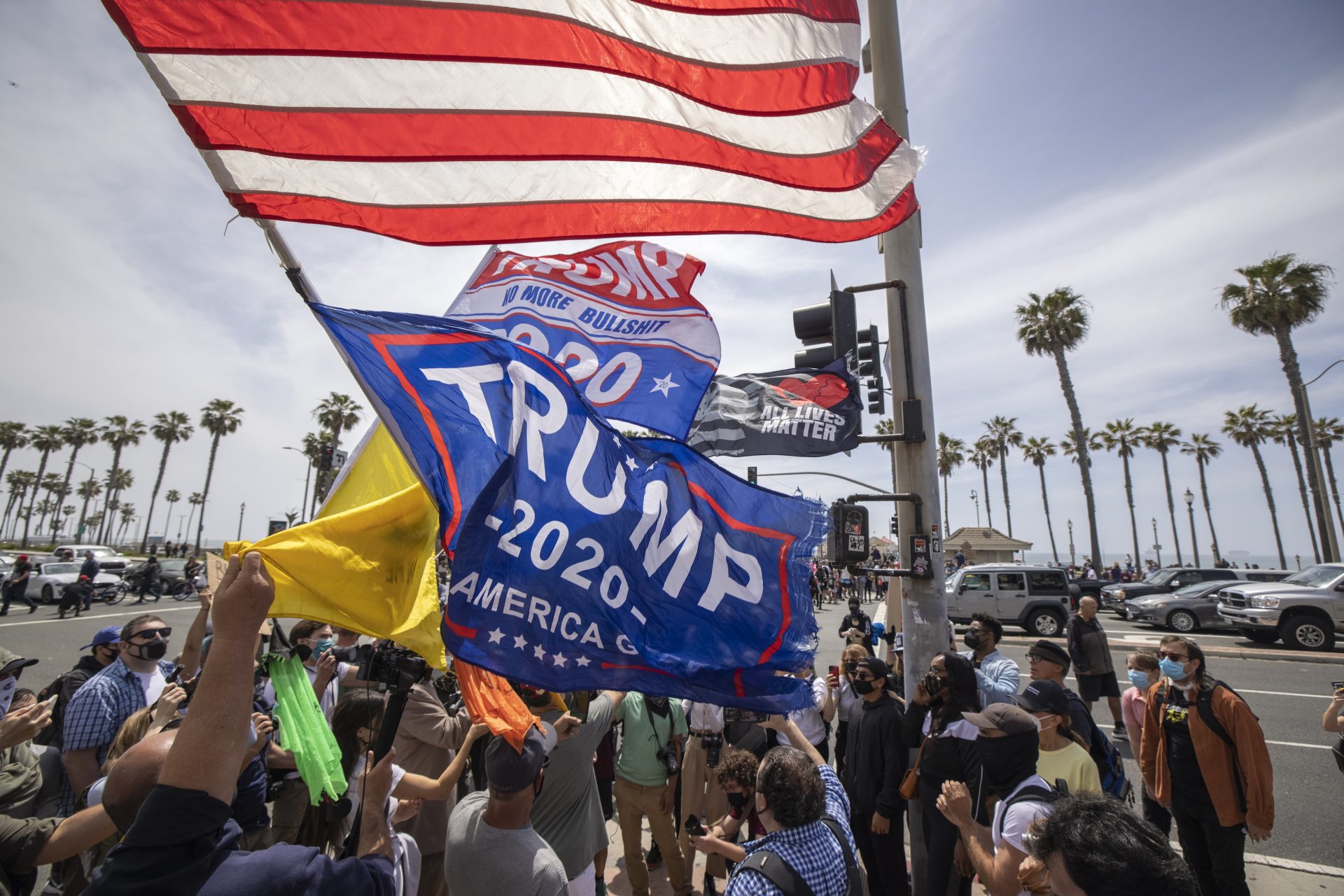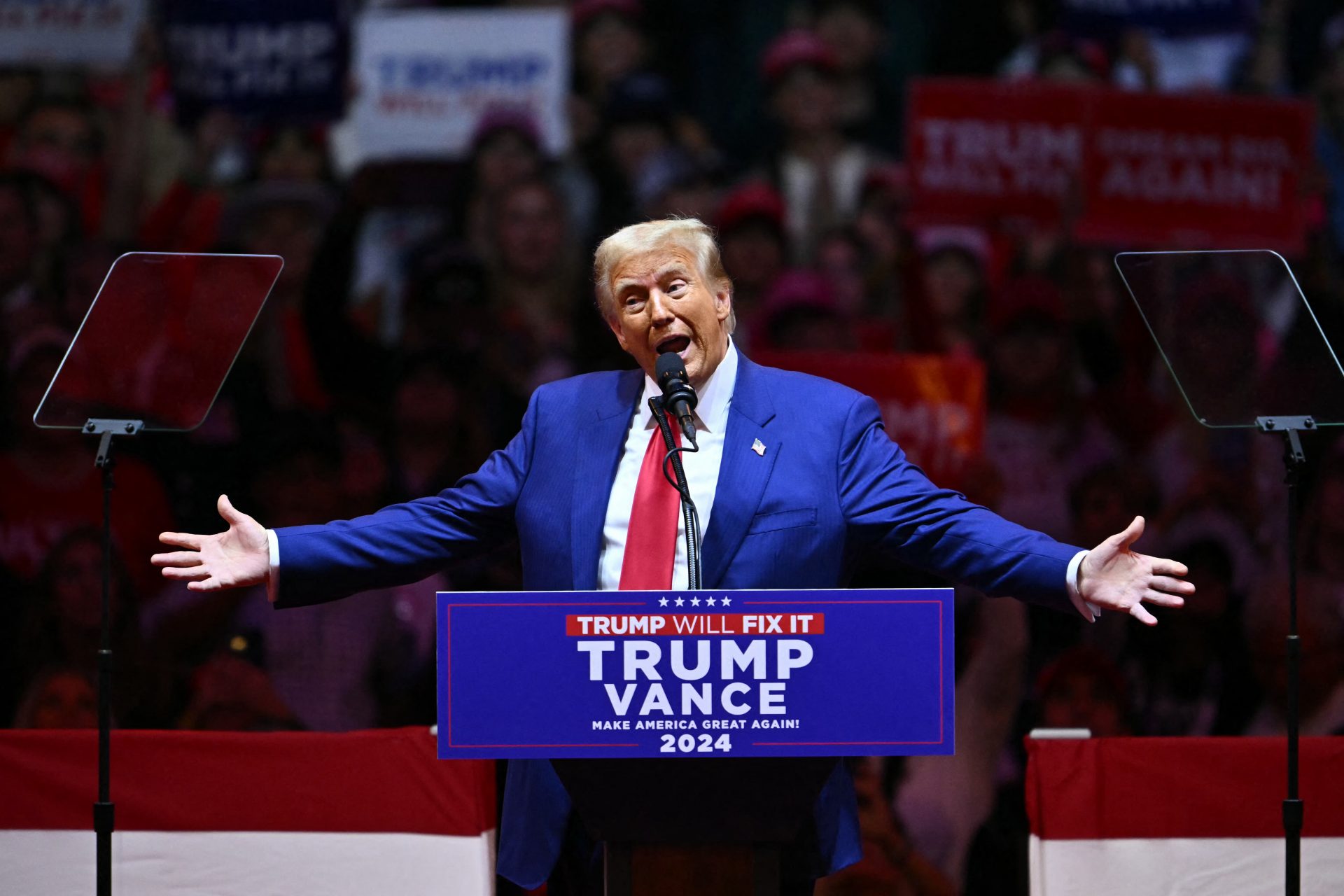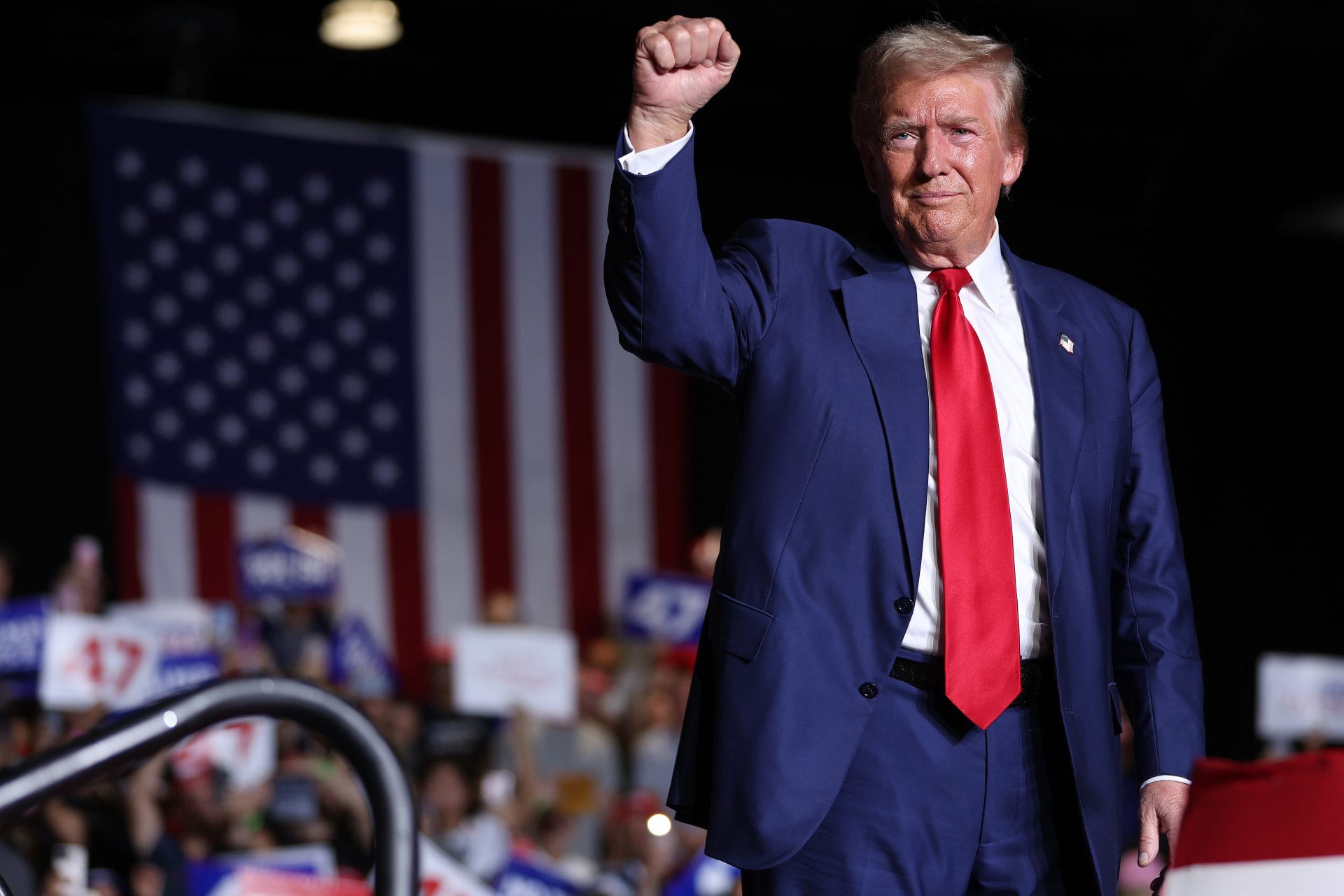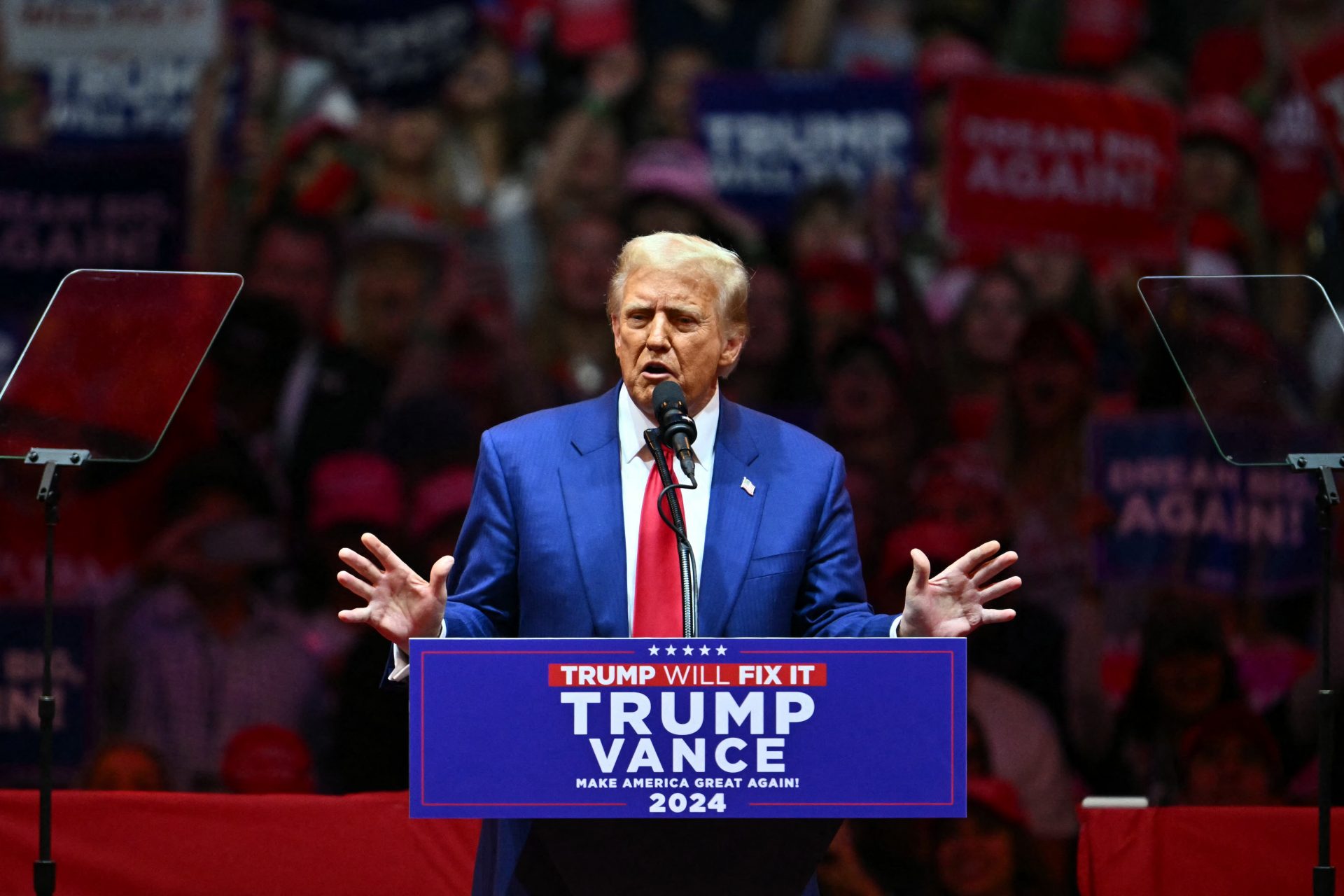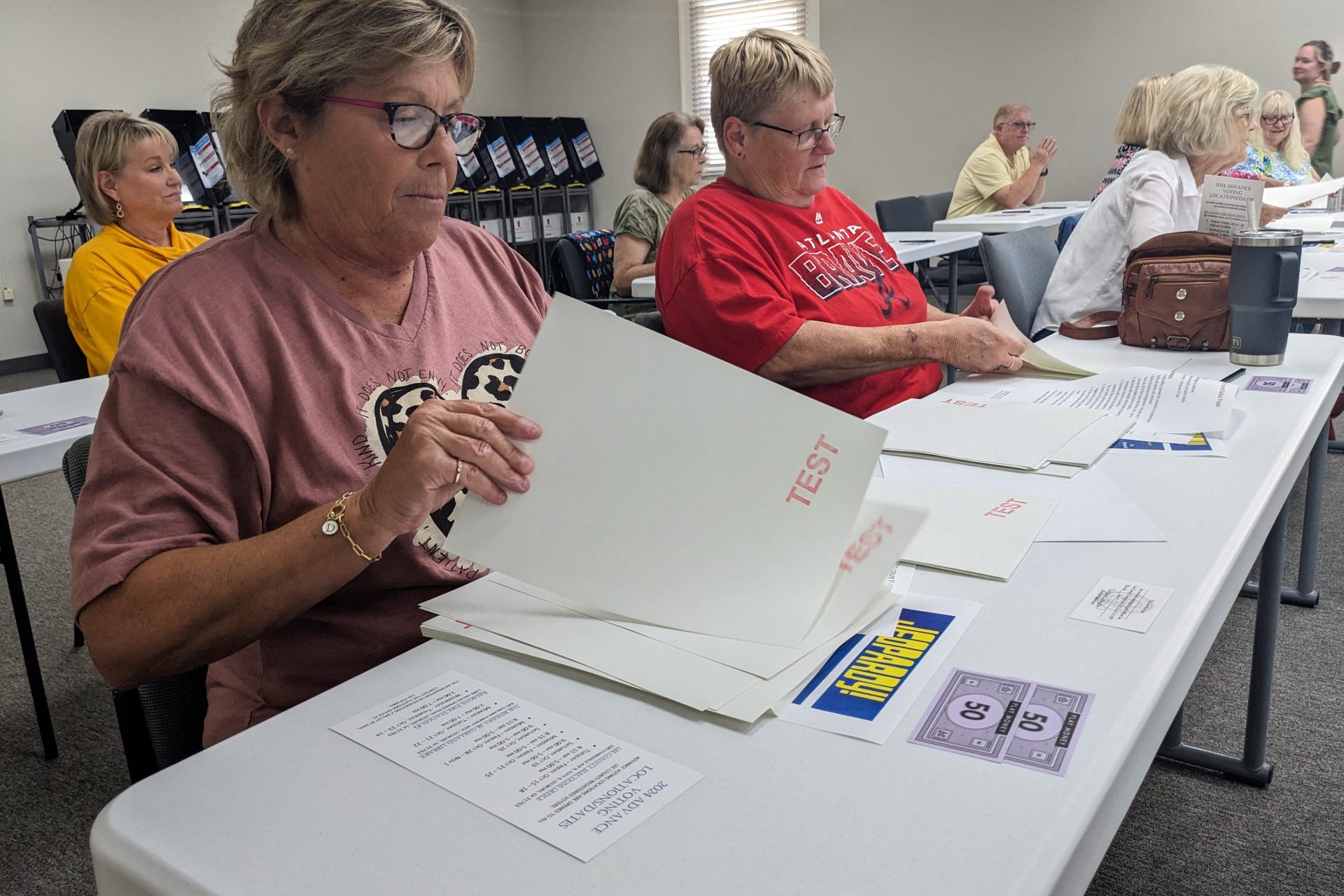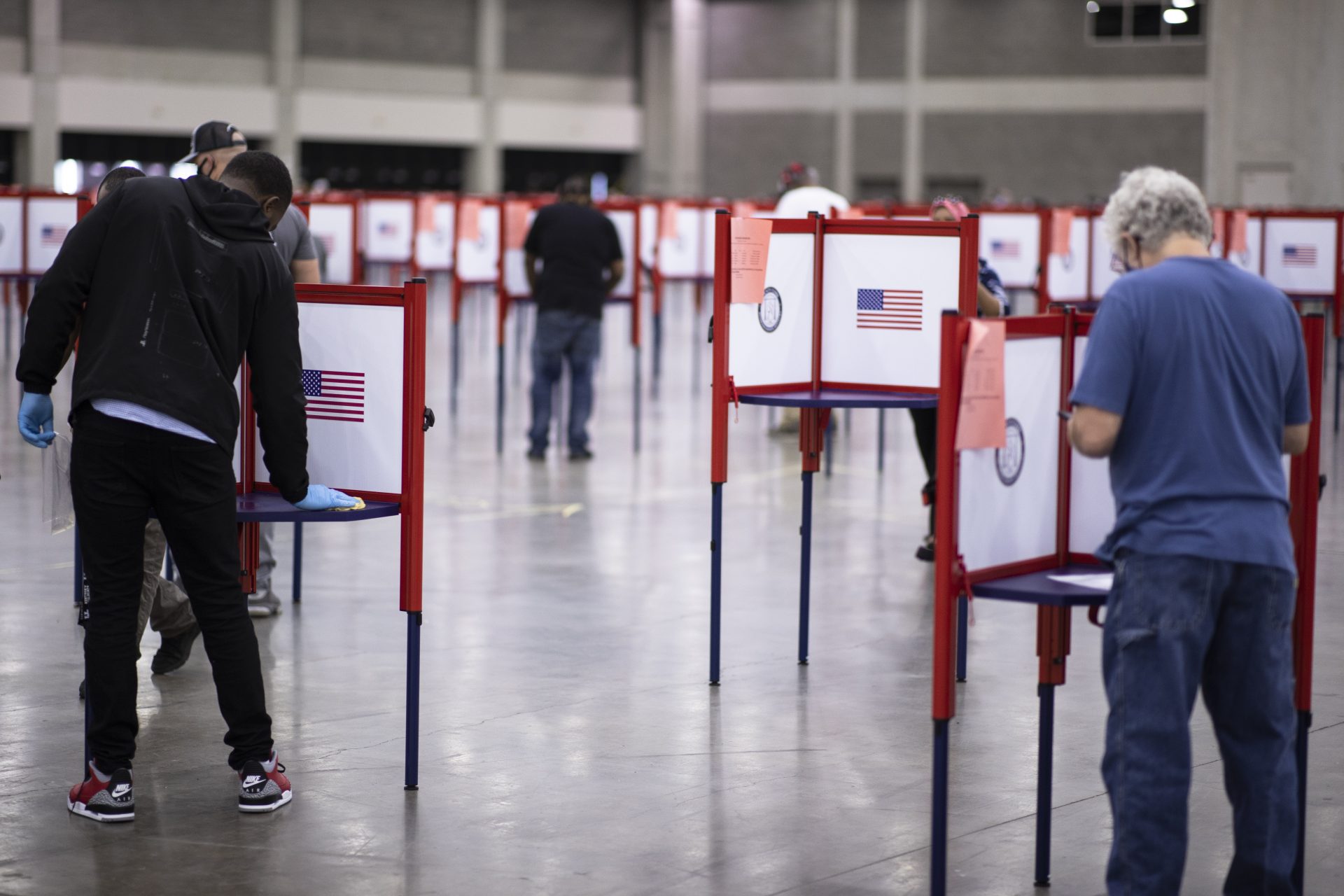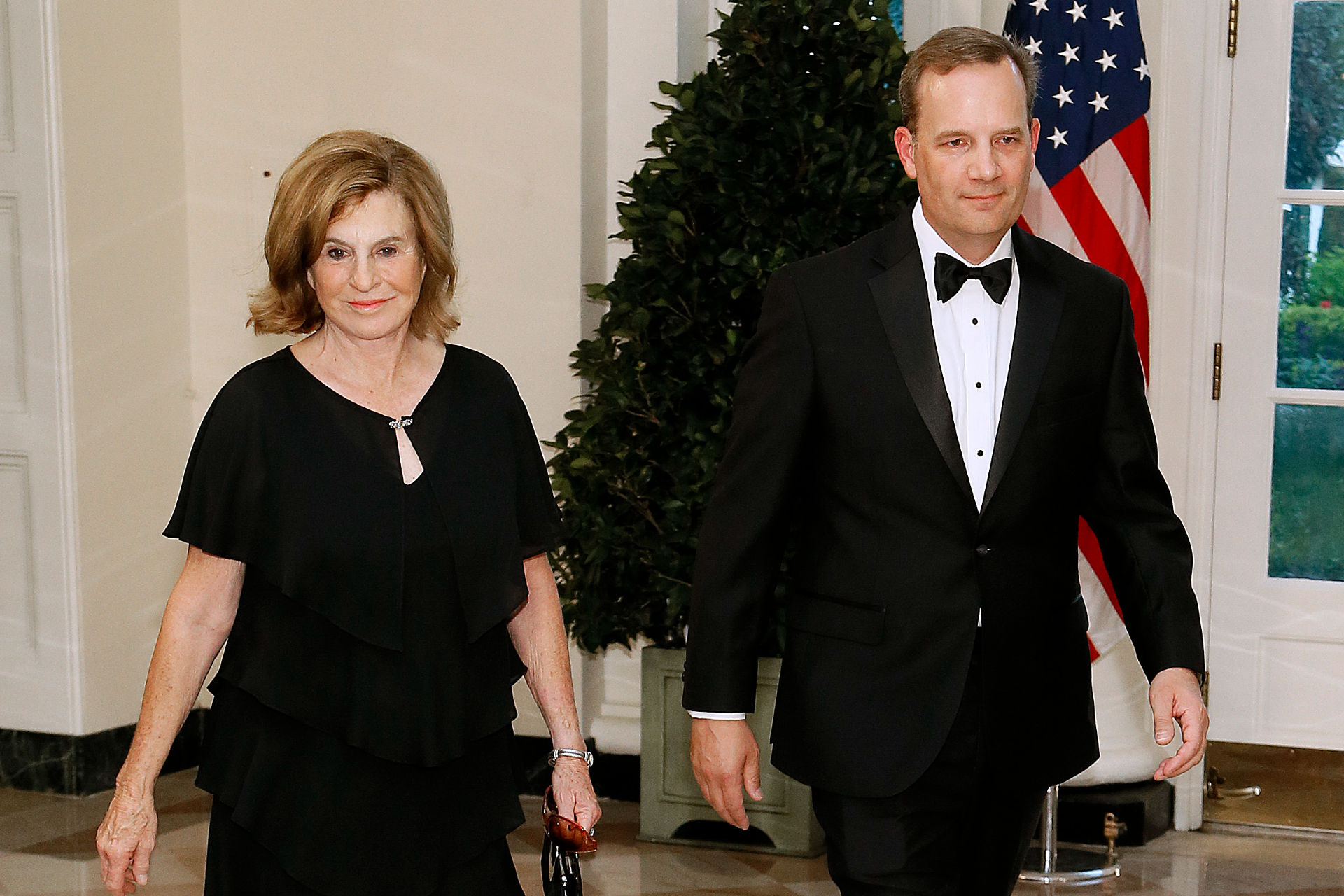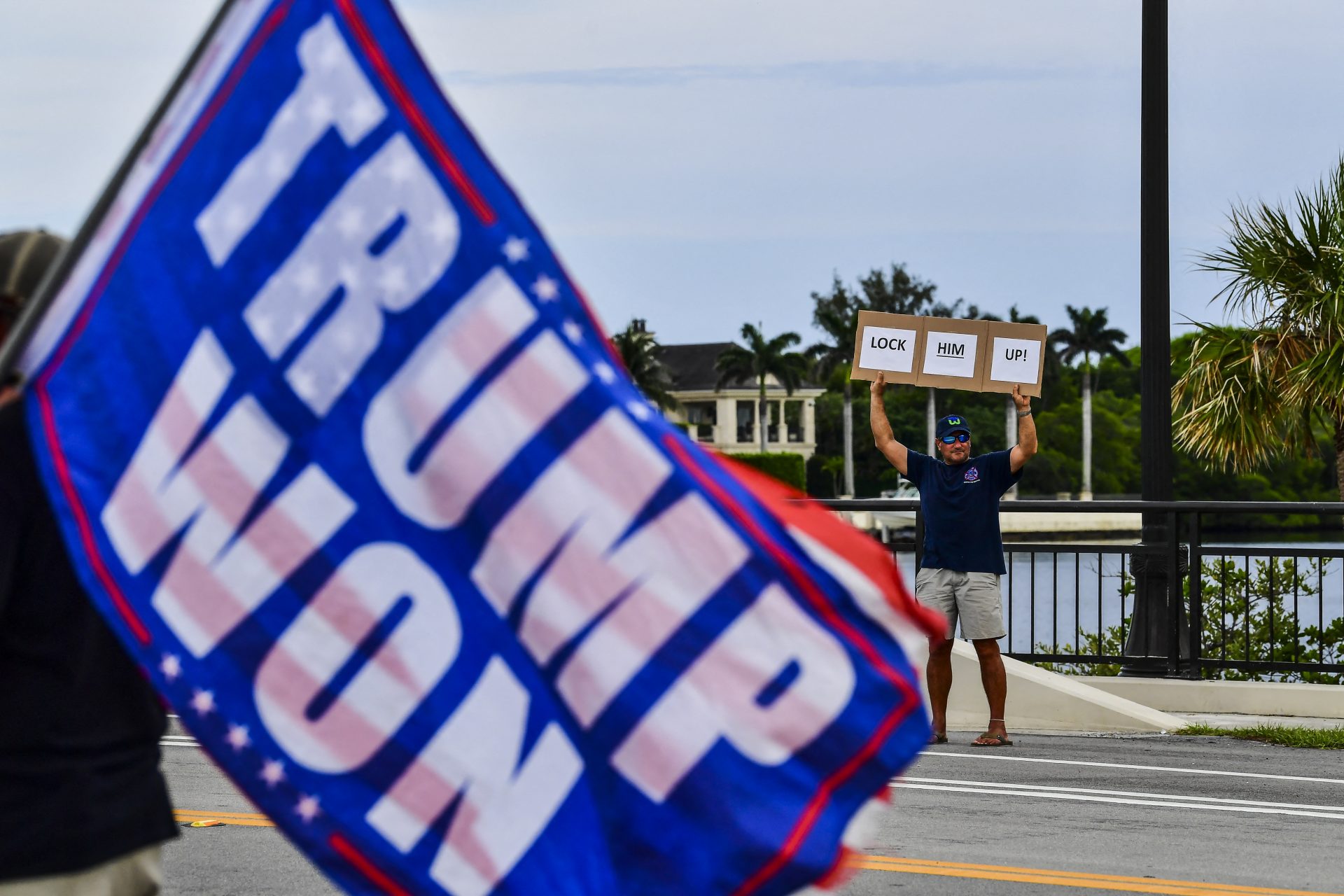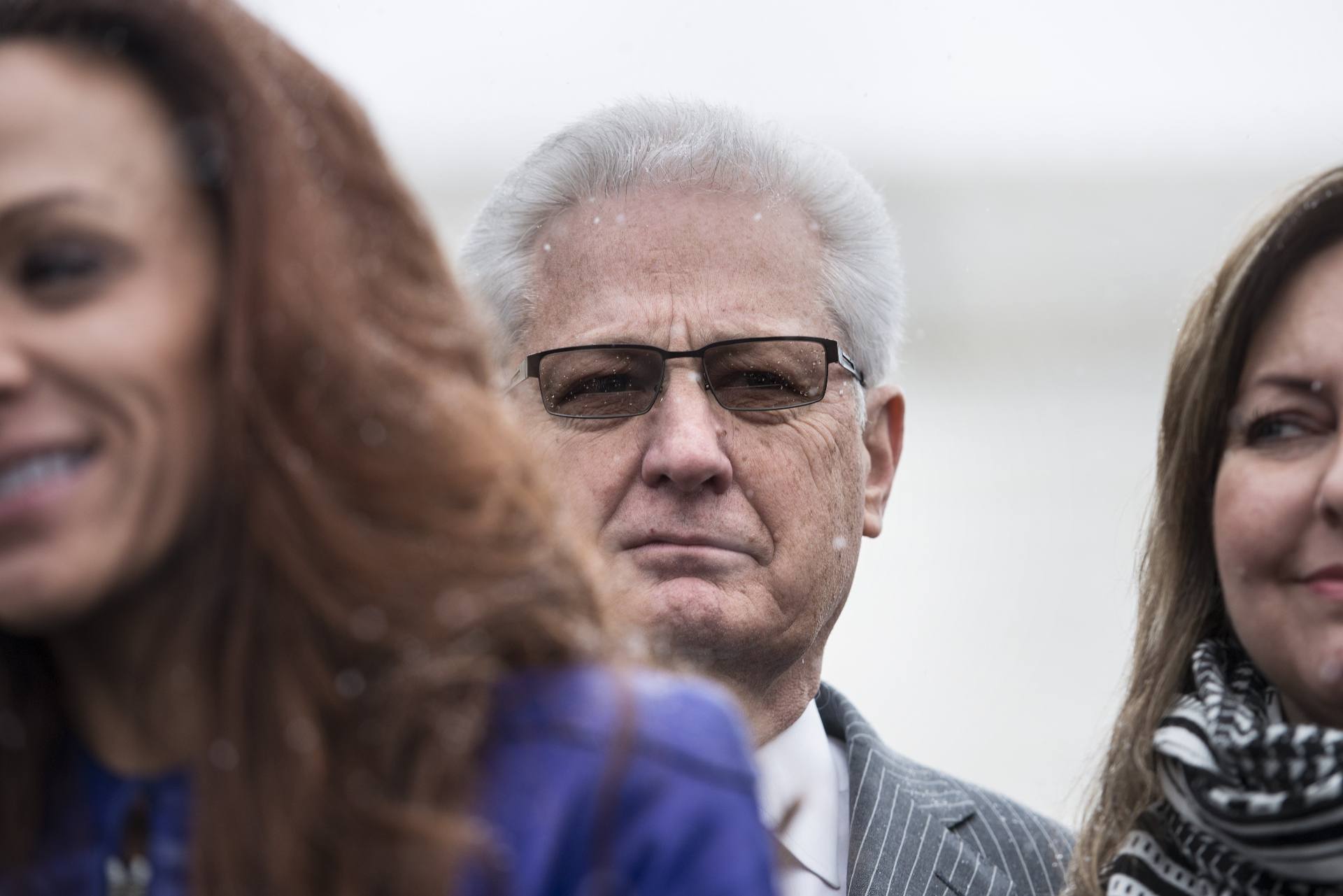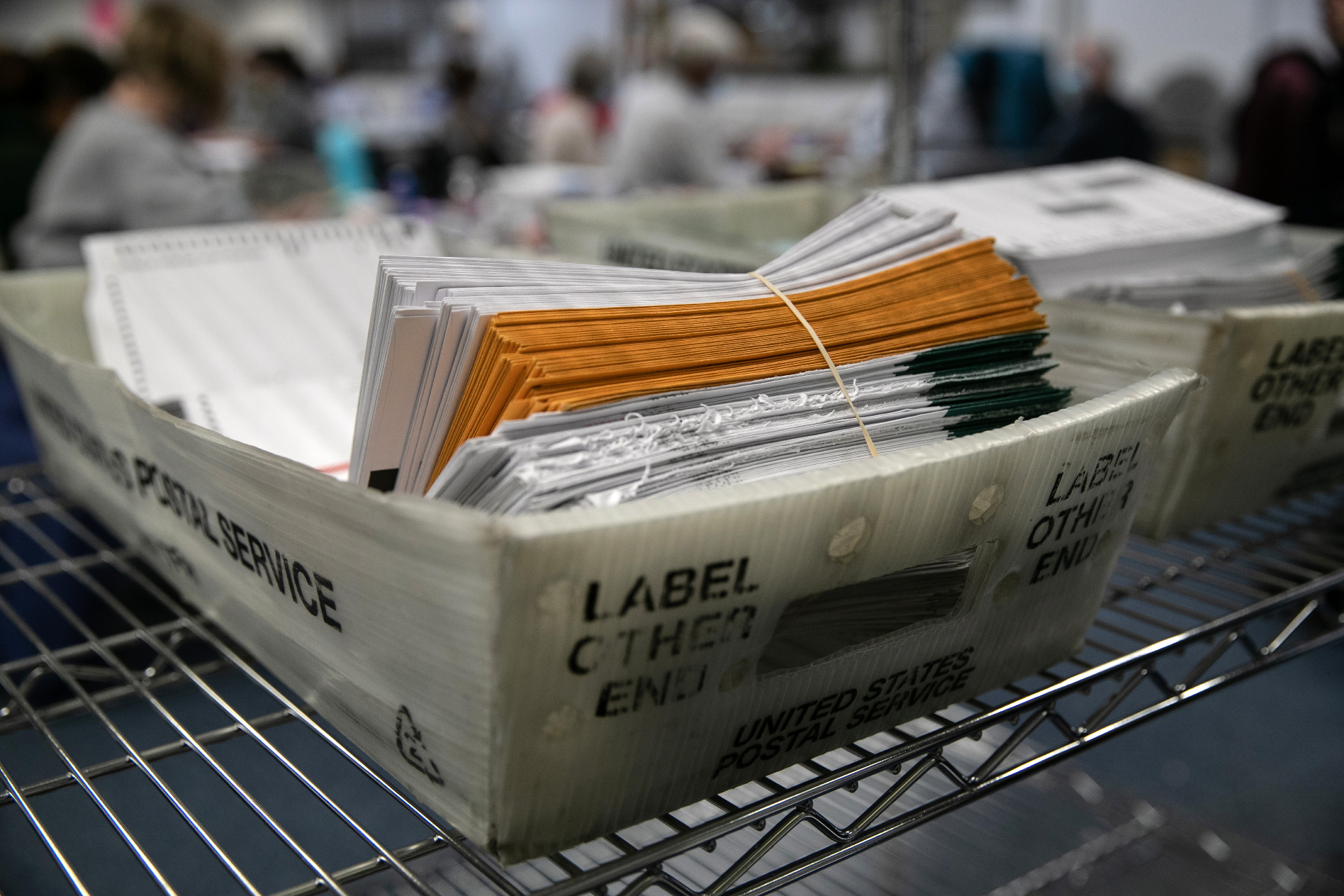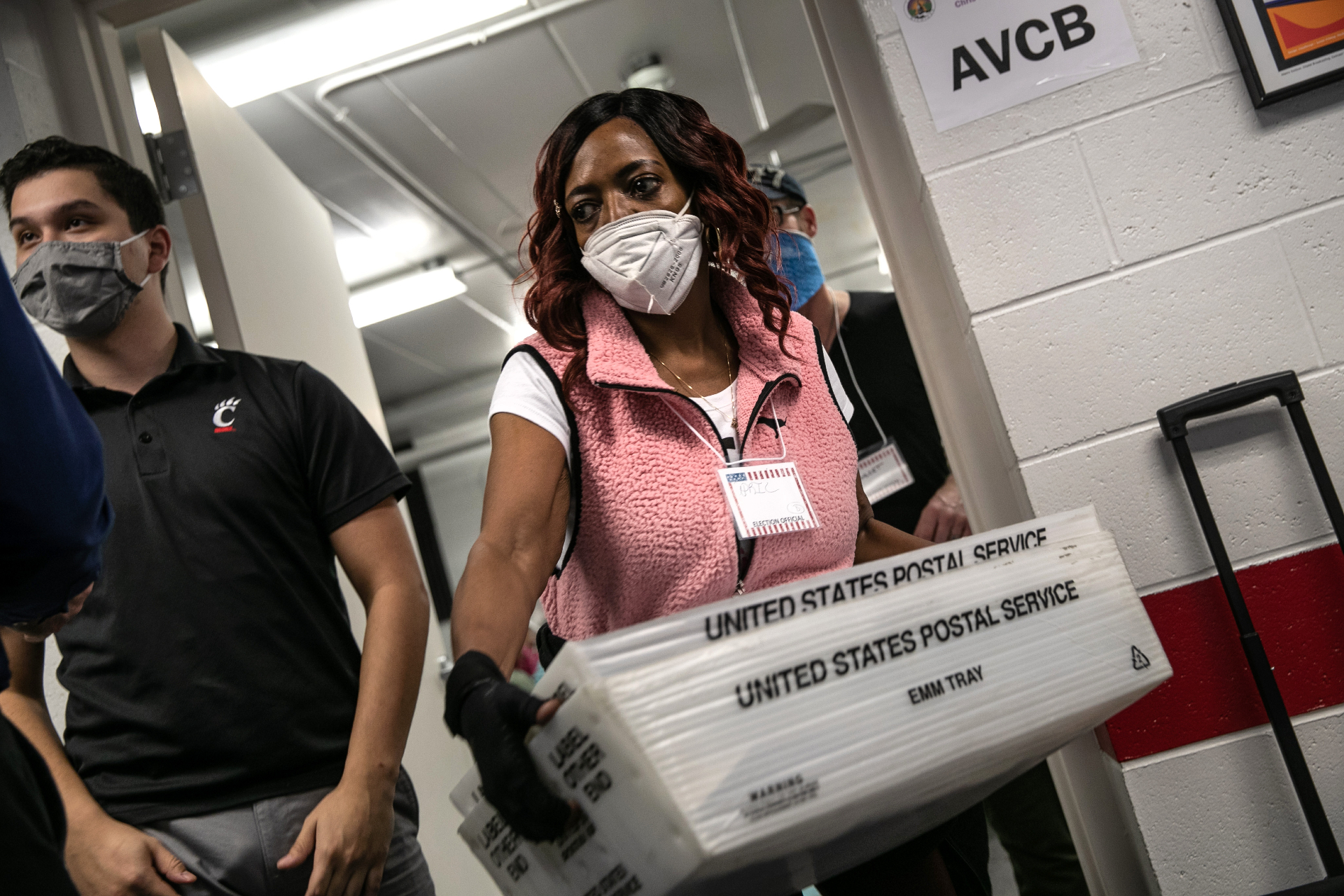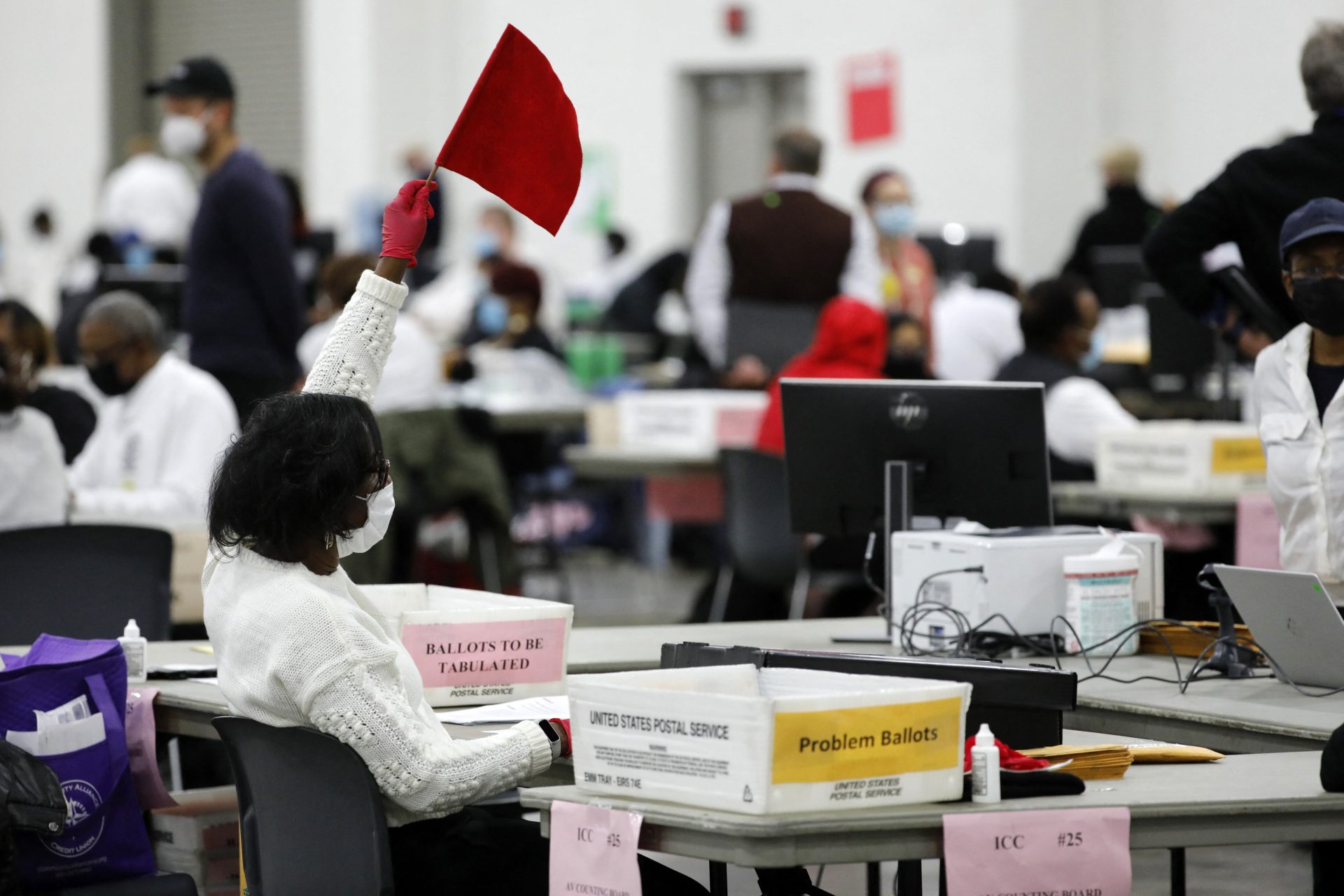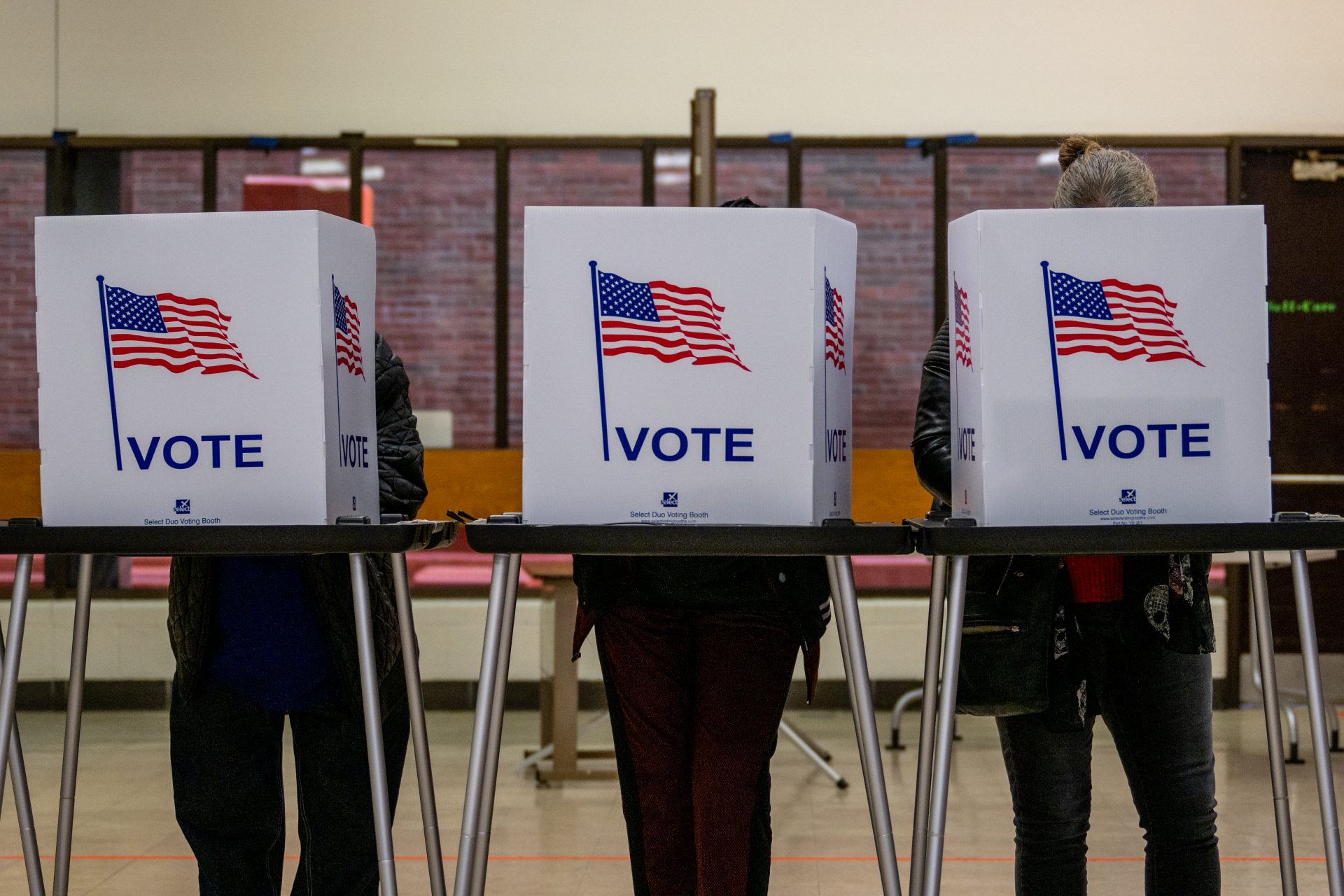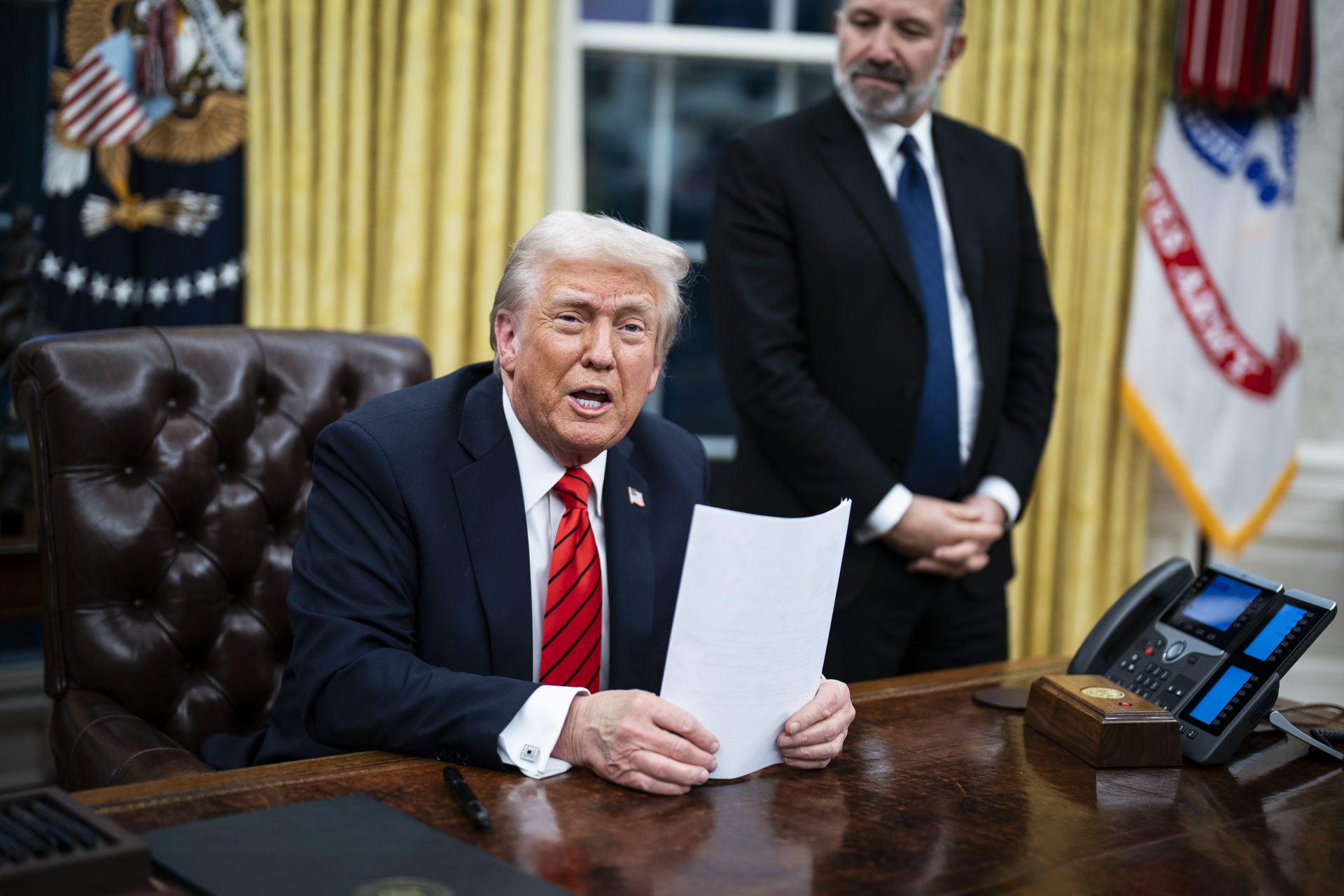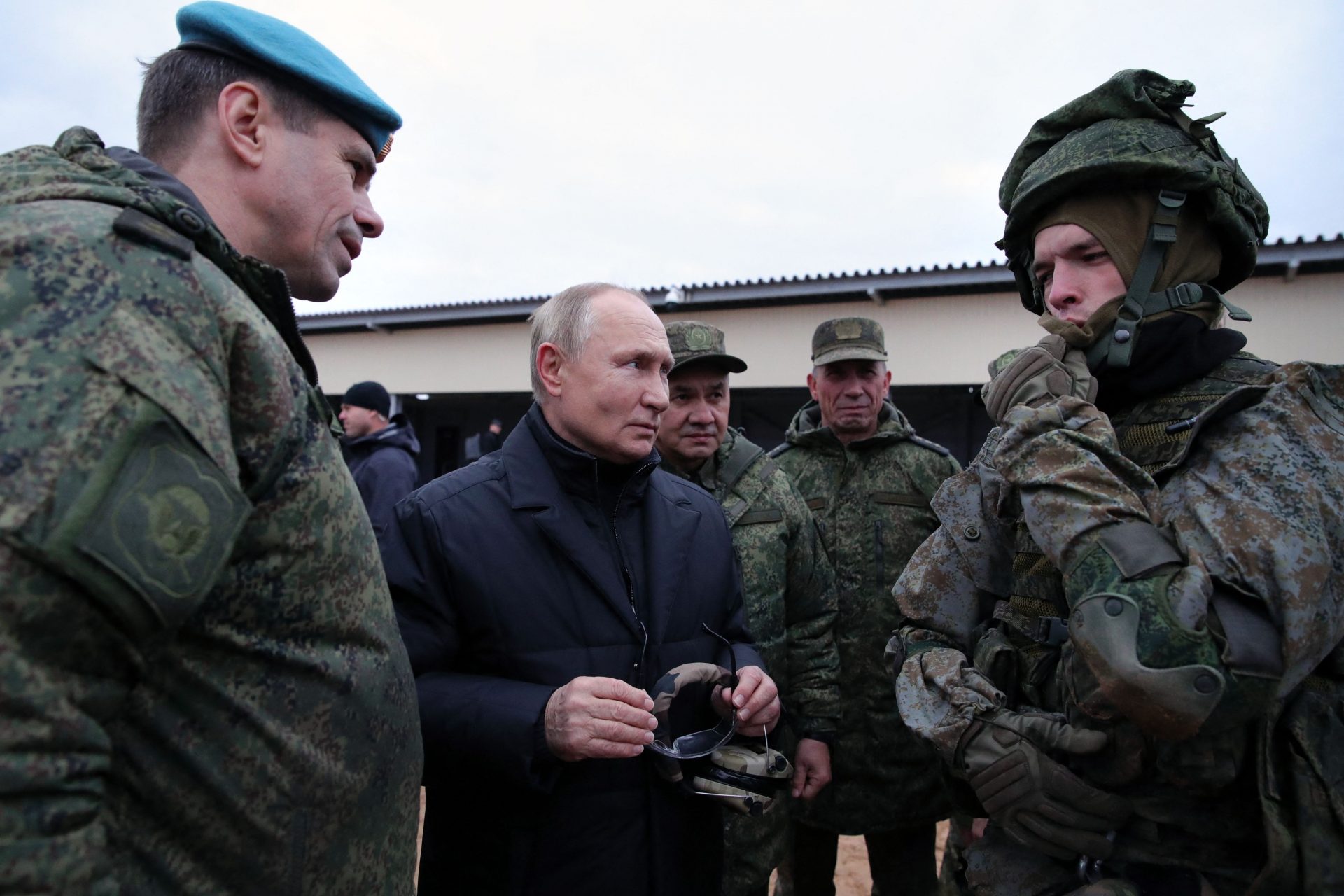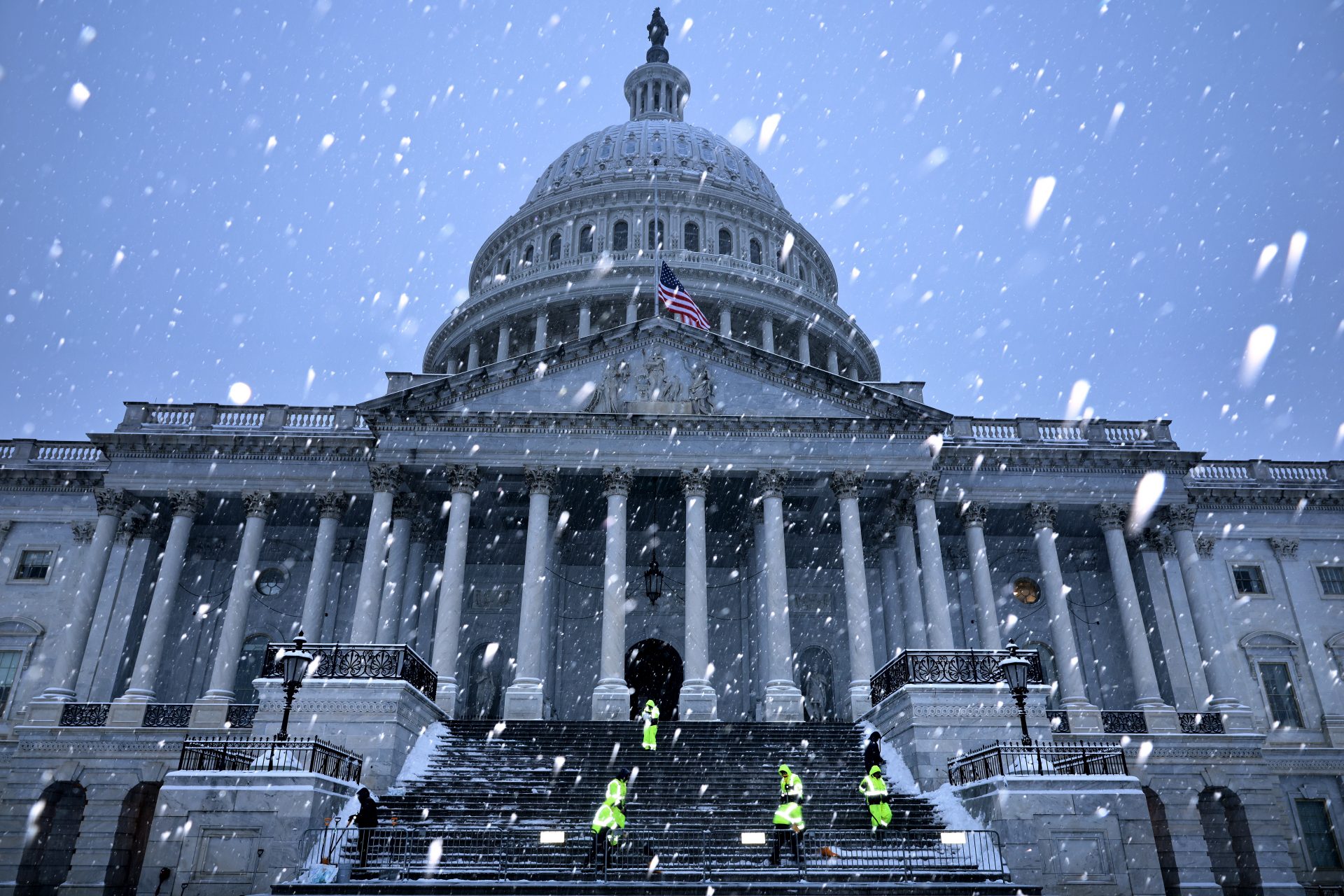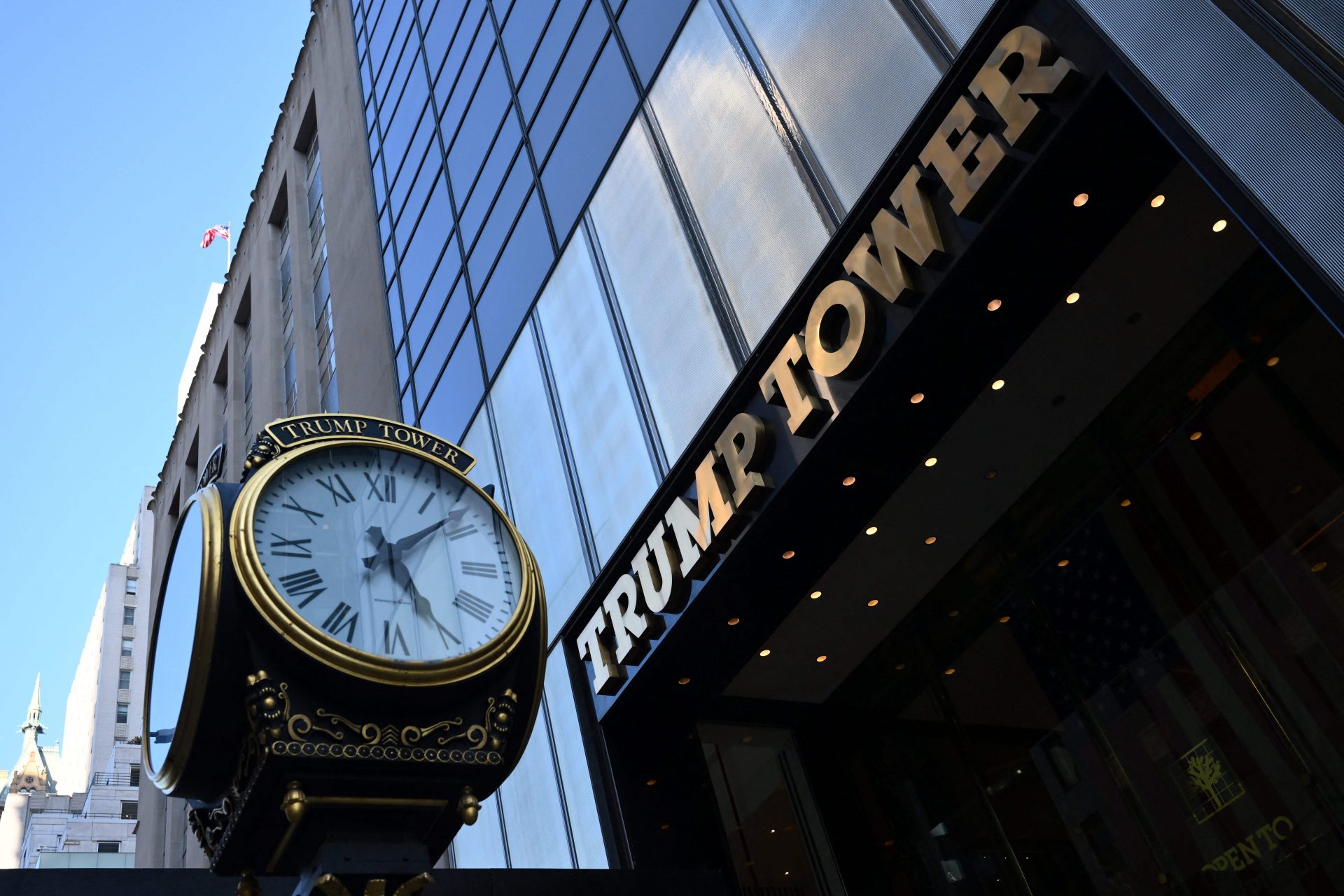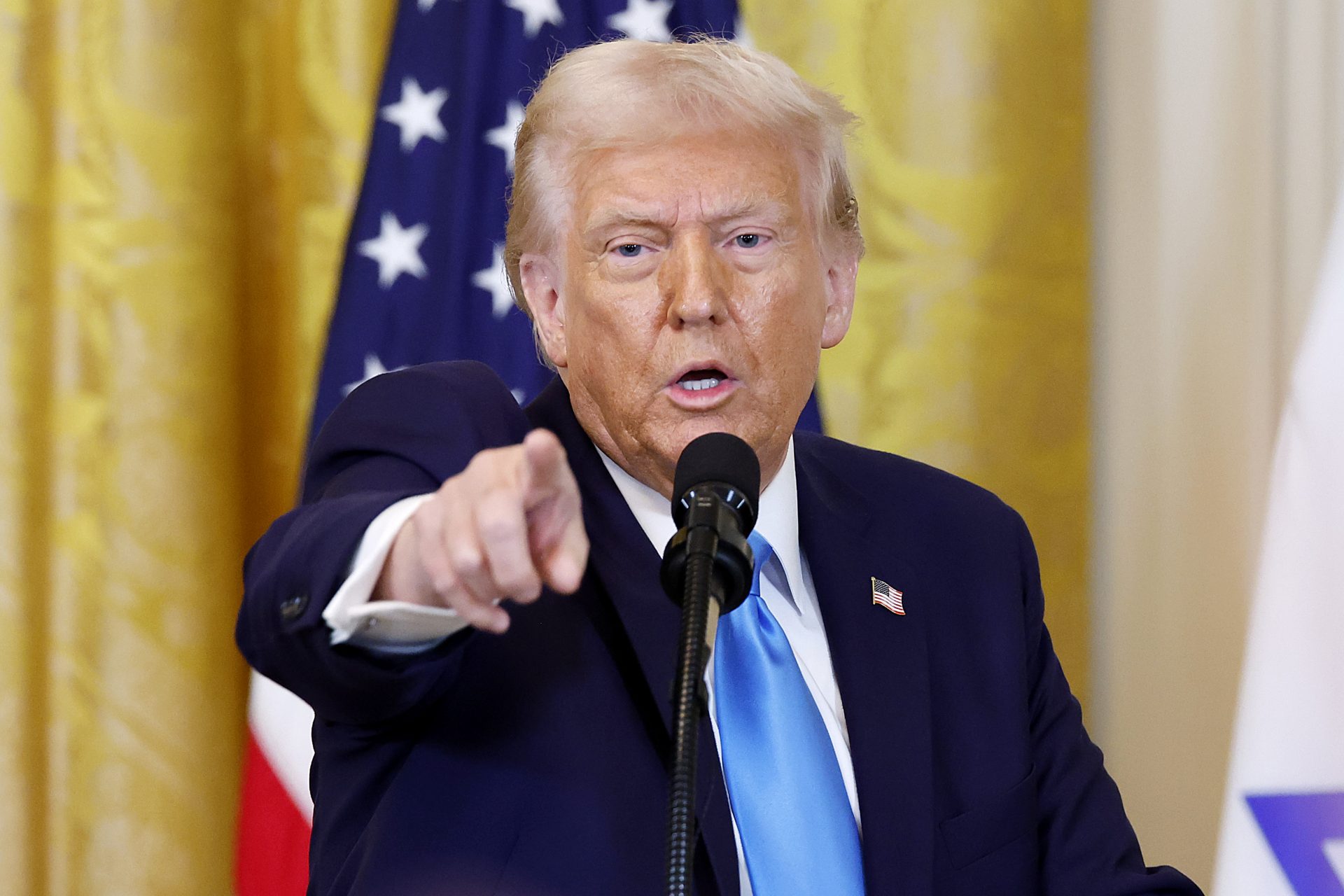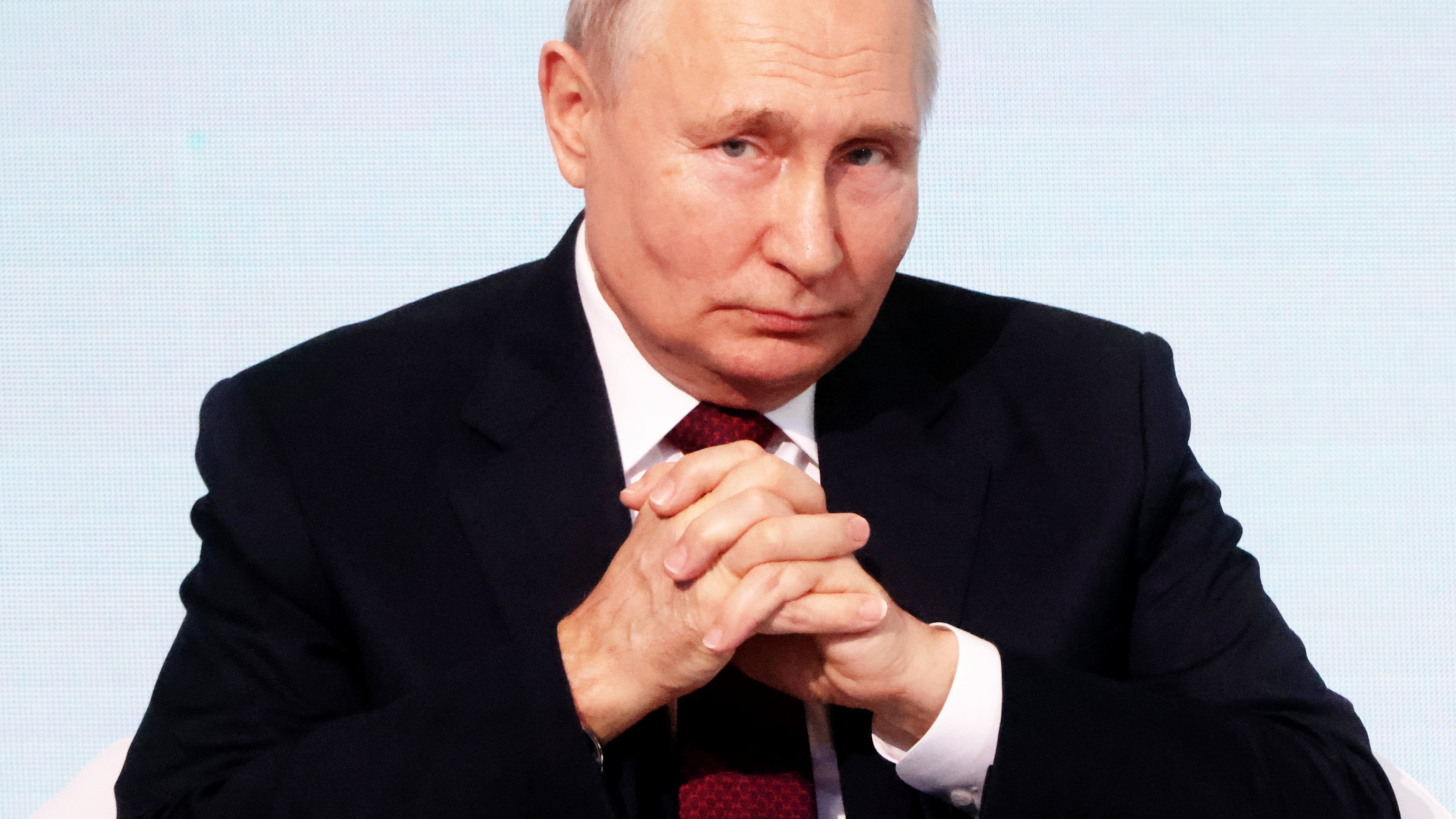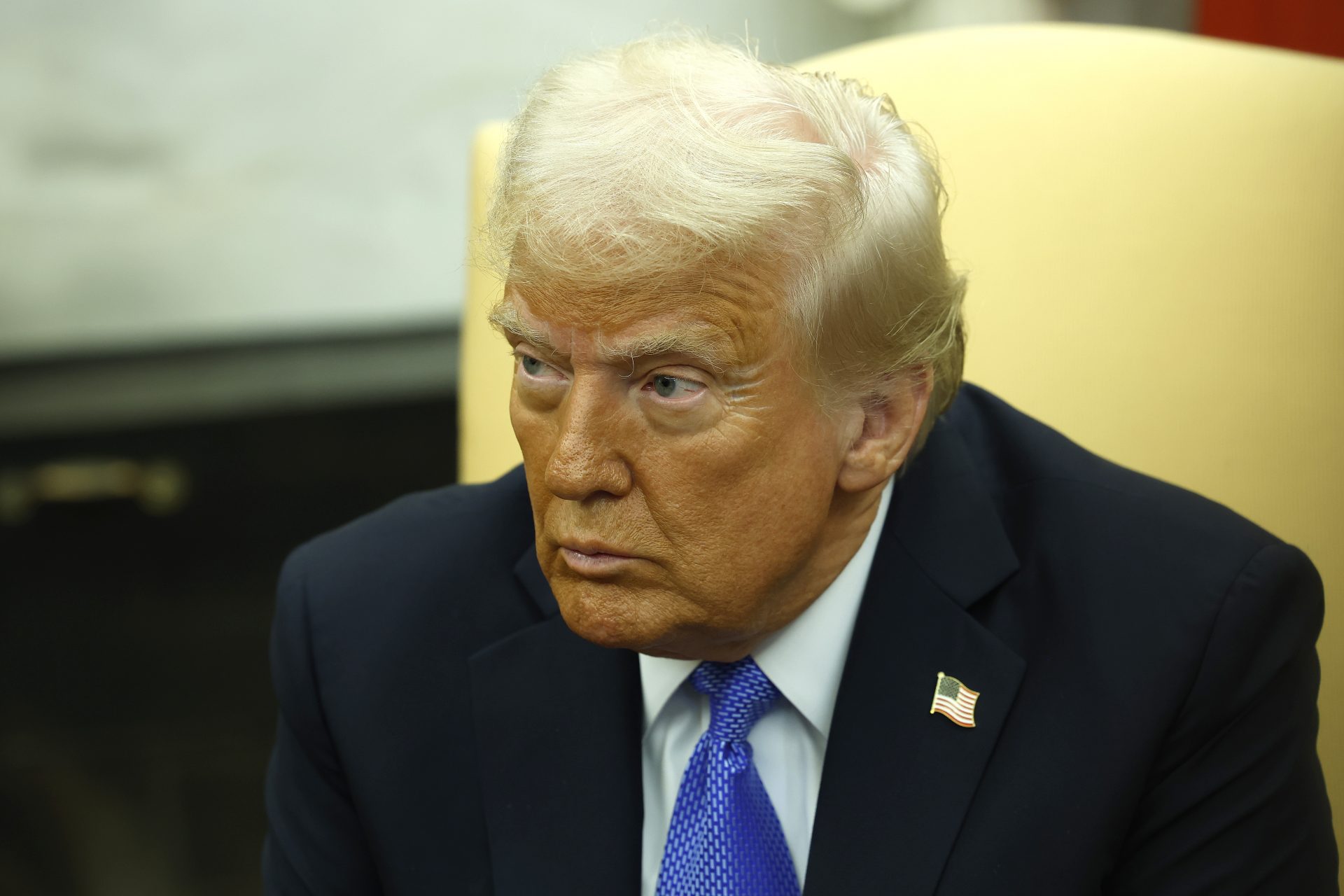A group of wealthy donors financed Trump's attempts to reshape the electoral system
Donald Trump has made what he calls "election integrity" a central part of his platform for the 2024 election. During the campaign, he repeated false claims about the electoral system.
Most of his lies stemmed from his attempts to overturn the 2020 election. This time, the former President started early, claiming he could only lose to fraud since the beginning of the campaign.
He has also laid down the groundwork to challenge the results if he loses, according to several media investigations. This effort required millionaire investments, including from the RNC.
According to investigations by The New York Times and The Wall Street Journal, grassroots organizations that work to affect electoral policy at the county and state levels have been critical elements in the strategy.
Republicans have appointed Trump loyalists to local election boards in some key states, like Georgia. They have challenged names in voter roles through a network of organizations.
According to the WSJ, the Trump campaign and the RNC have spent $28 million on lawyers for election-related lawsuits since 2020. Many have failed, but they are still expensive.
The newspaper also said a group in the network advertised that anyone reporting election fraud or abuse could receive a payment from a $5 million fund. All the actions take serious funding.
For that, the RNC and Trump campaign relied on a group of donors who gave millions to "election integrity" PACs and non-profits working together on electoral policy.
According to the NYT and the WSJ, Wisconsin shipping millionaires Richard and Elizabeth Uihlein have donated to the network. The WSJ said they gave more than $34 million since 2020.
The New York Times said public records show that Republican megadonor Rebecca Dunn has also contributed to the "election integrity" efforts associated with the RNC.
The WSJ and the NYT also noted that the Bradley Impact Fund and the Harry Bradley Foundation donated. The Journal said they collectively gave $48 million.
According to the WSJ, Hobby Lobby founder David Green gave $7 million. The Servant Foundation, a Christian organization Mr. Green funds, directed most of its funds to a second foundation in the network.
The WSJ said 28 states banned private donations under pressure from conservative groups. Many polls are now on a short budget because they did not match the cuts with public funds.
The rhetoric and constant anticipated warning of "cheating" has also put pressure on poll workers and election officials as Mr. Trump spreads lies about their work.
According to what workers have told at least half a dozen outlets, they must deal with threats and intimidation. They are also preparing for violent scenarios.
According to experts cited by Politico, Mr. Trump has a very high opportunity to undermine election results on all possible fronts, and the network might be vital for that.
More for you
Top Stories



